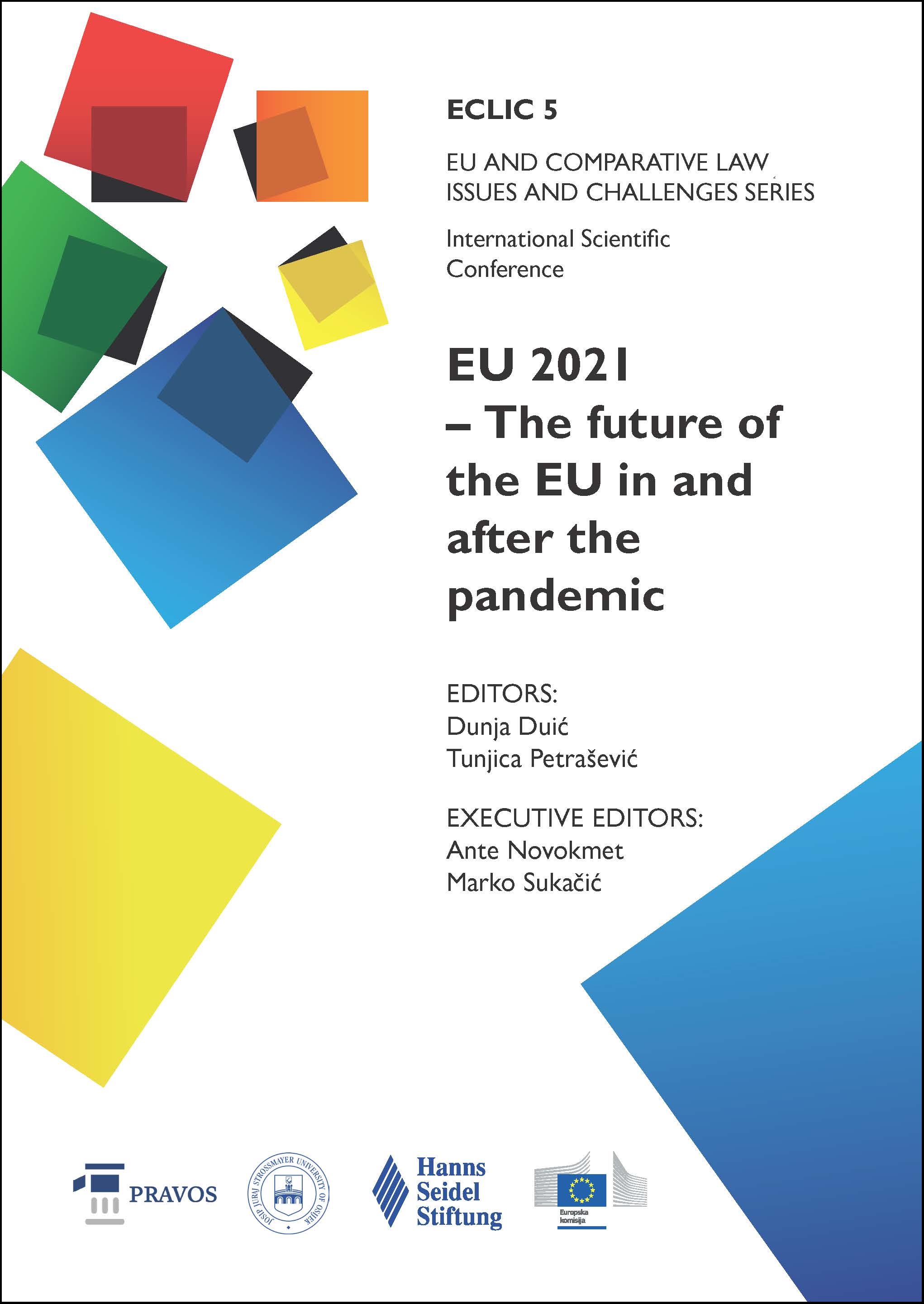TESTAMENTARY DISPOSITIONS IN THE CONTEXT OF GLOBAL PANDEMIC
DOI:
https://doi.org/10.25234/eclic/18318Abstract
The outbreak and the rapid spread of global COVID-19 pandemic have put significant strains on the institutions. The need to adapt to “new normal” and contain the rapid spread of disease, while maintaining a functional society, resulted with introduction of numerous new legal mechanisms and adaptation of the existing ones. However, it seems that one area of law remains on the fringes: the regulation of wills. Even before the start of the pandemic many authors often pointed to the fact that the current legal framework does not follow modern technological developments, but no significant attempts were made to overhaul the inheritance law. Also, once the pandemic started in its full, there were no references to introduction of extraordinary mechanisms or new legal solutions to overcome the potential difficulties in forming wills. Comparative analysis yielded no better results: although some countries (such as Austria) recently completely overhauled their regulation of inheritance law, it seems that no attempts were made to introduce new types of wills or new methods of drafting wills into their regulations. Furthermore, following the spread of the pandemic, increasing number of potential testators find themselves unable to use traditional methods of drafting wills as they, or the authorized persons tasked with assistance and creation of wills, remain isolated from one another due to various reasons (lock-downs, isolation in case of experiencing symptoms, etc.). Having in mind these circumstances, it is necessary to ascertain whether there is a genuine need to introduce new types of wills into existing legal framework, or to adapt the current legal framework by facilitating the communication between citizens and the institutions. Also, it is necessary to analyze whether the interpretation of the existing legal framework enables the introduction of certain facilitating mechanisms. In order to reach these goals and clarify the possibilities within the current legal framework, interpretative and comparative method are used.
Downloads
Published
How to Cite
Issue
Section
License
Copyright (c) 2021 Marko Stilinović

This work is licensed under a Creative Commons Attribution-NonCommercial 4.0 International License.
Authors retain the copyright on the papers published in the Journal, but grant the right of first publication to the Journal. Papers accepted for publication or already published in ECLIC of the Faculty of Law in Osijek may be published by the author(s) in other publications only with proper notice of its previous publication in ECLIC.


